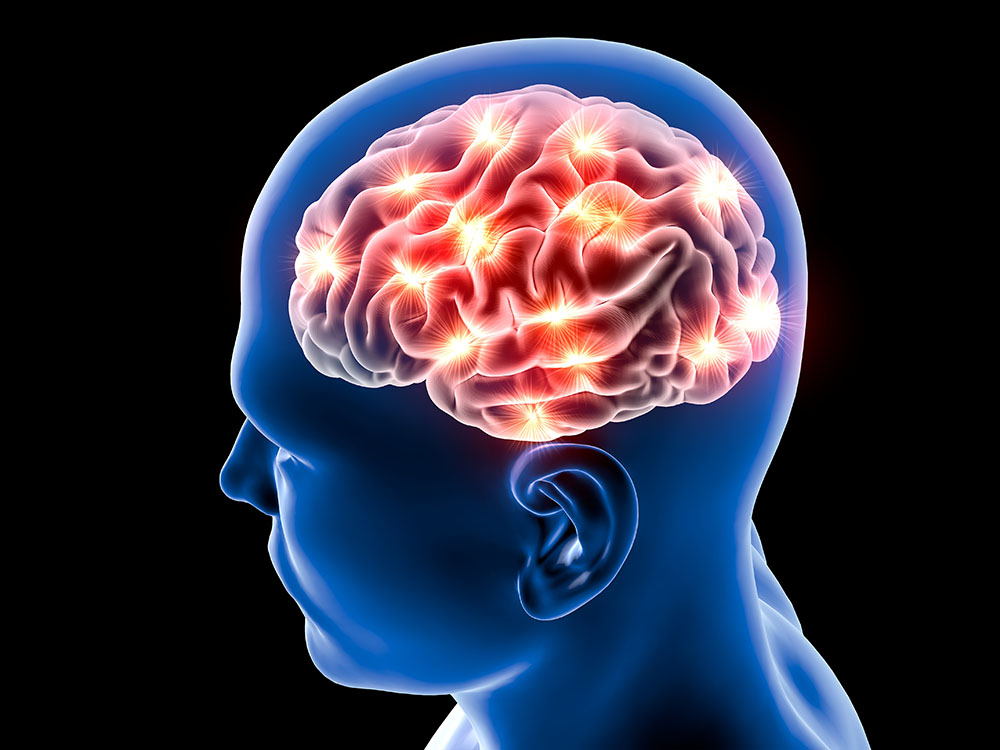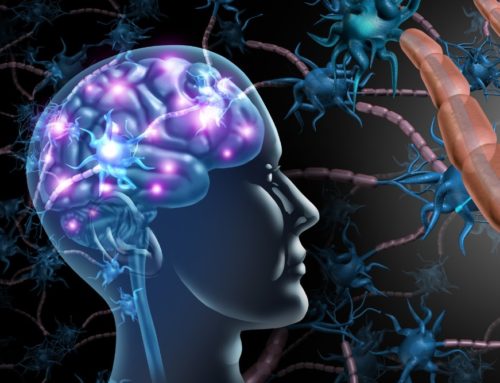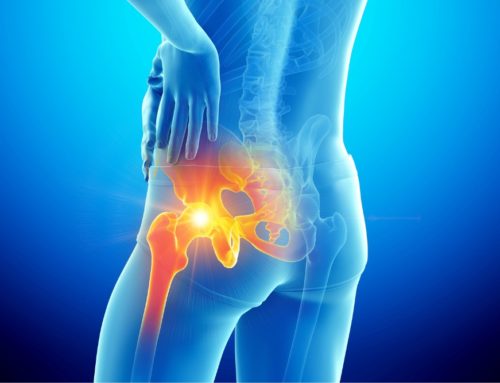Prevent Brain Damage from Extreme Mental Fatigue
Occasional mental fatigue occurs randomly and is often caused by issues like lack of sleep or nutritional deficiencies. When the problem happens without an obvious reason, tiring you after only a few hours of work, it’s more concerning. Extreme brain fatigue may result from overworking, but it could also be related to possible neurological diseases. Some neurological conditions, including multiple sclerosis, could occur at any age, so don’t ignore extreme and prolonged fatigue and other side effects.
If you’re concerned neurological diseases are the source of your mental exhaustion, speak to your doctor immediately. If you’re already diagnosed, stick to the recommended treatments to reduce your symptoms. The treatment likely involves an evaluation, rehab therapies, deep brain stimulation, psychological support and other treatment depending on the condition.
We’ll discuss more about dealing with brain fatigue below.

Extreme Fatigue – Prevent Brain Damage
Chronic mental fatigue has several possible causes. These include hormone or blood sugar imbalances, thyroid related conditions, stress, lack of sleep, depression, brain injury, or neurological conditions.
Regardless of the cause, pay attention when the signs appear. These vary, though memory issues, lack of motivation, apathy, anxiety, irritability, and headaches are common. Let’s see what can be done to avoid it.
Take a break before any symptoms
You likely have an approximate time limit or certain triggers that cause the symptoms of extreme brain fatigue. Whether you’re working, doing chores, or running errands, pay attention to the timing and provocation.
Then, before the symptoms occur or when you first notice them, you can take a break. Move away from your computer screen or task and allow yourself to relax. Even five minutes away from your activities calms the mind and reduces mental exhaustion.
Move around
When dealing with mental burnout, moving around is a good way to reverse the symptoms. In fact, studies have shown that 30 minutes of moderate aerobic activity reduces tiredness significantly. It also boosts your mood, motivation, and cognitive capacity.
Before your extreme brain fatigue symptoms bring you down, get up and move around a bit. Even if you only have a few minutes, take a short walk, do some exercises, or try some stretches.
Keep hydrated
Dehydration is known to affect cognitive performance in healthy individuals. When dealing with extreme brain fatigue, the less water you have in your body, the worse the symptoms become. It affects cognitive performance and mood in everyone. Women may also experience headaches, anxiety, and confusion when dehydrated.
To avoid such issues, drink plenty of water each day. Space out your intake to ensure proper hydration and prevent worsening symptoms.
Manage stress
Stress hormones are important for increasing production and dealing with emergencies. Unfortunately, overproduction wreaks havoc on your mind and body. Chronic stress prevents relaxation and proper sleep. The more stressed you are, the harder it is to overcome extreme brain fatigue.
Discovering what’s causing your stress is the first step to reducing exhaustion symptoms. Consider what you fill your time with at work and home, and cut out any stressful activities you can. Organizing your time and asking for help when needed is also vital for your mental health.
Monitoring the symptoms of extreme brain fatigue helps you determine why you’re so fatigued. Once you’ve located the source, treat it as needed to reduce exhaustion. Then you’ll be able to maintain focus and concentration, allowing you to work longer than a few hours at a time.
Resources:
https://www.mayoclinic.org/symptoms/fatigue/basics/causes/sym-20050894
https://www.brainline.org/article/what-neurofatigue-and-how-does-it-relate-brain-injury-and-ptsd
https://msktc.org/tbi/factsheets/fatigue-and-traumatic-brain-injury
https://pubmed.ncbi.nlm.nih.gov/34516957/
https://www.cambridge.org/core/journals/british-journal-of-nutrition/article/mild-dehydration-impairs-cognitive-performance-and-mood-of-men/3388AB36B8DF73E844C9AD19271A75BF
This article contains informational and educational materials and does not replace health or medical advice. For questions or concerns regarding your medical condition or health objectives, speak to a qualified physician or healthcare provider.






Leave A Comment